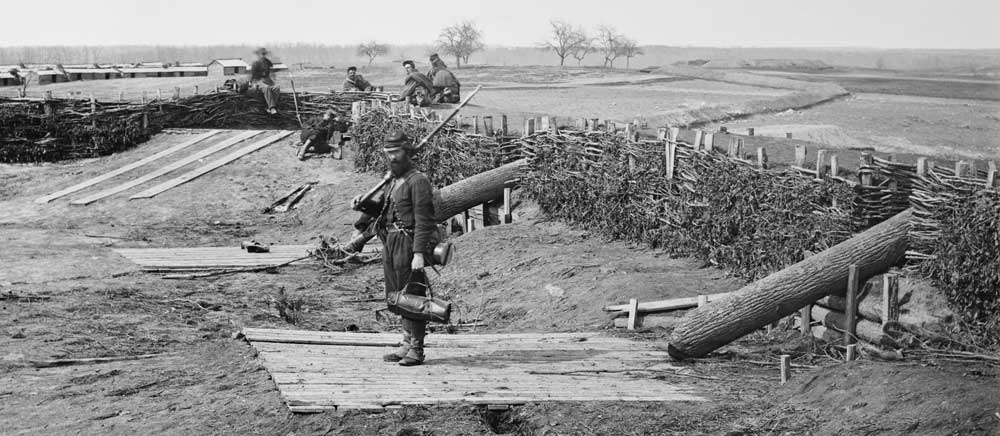Over on Quora, a question that is more fascinating than it might at first appear: What wars in history were fought in the name of Quakerism (Society of Friends)?:
This question is neither sarcastic nor rhetoric. As many people insist that violence and atrocities are an inherent part of religions, that religions would cause wars, I really want to know if that is the truth. Personally I believe religions can be peaceful, such as in the cases of the Quakers and the Baha’i, but I might be wrong.
The obvious answer should be “none.” Quakers are well-known as pacifists (fun fact: fake cannon used to deceive the enemy into thinking an army is more fortified than it actually is are called “Quaker guns.”) Individual Quakers have rarely been quite as united around the peace testimony as our reputation would suggest, but as a group it’s true we’ve never called for a war. I can’t think of any military skirmish or battle waged to rallying cries of “Remember the Quakers!”

And yet: all of modern civilization has been shaped by war. Our political boundaries, our religions, our demographic make-up–even the languages we speak are all remnants of long-ago battles. One of the most influential Quaker thinkers, the eighteenth century minister John Woolman, constantly reminded his brethren to consider those luxuries that are the fruit of war and slavery. When we broaden the scope like this, we’ve been involved in quite a few wars.
- We like to remember how William Penn founding the colony of Pennsylvania as a religious refuge. But the king of England held European title to the mid-Atlantic seaboard because of small wars with the Dutch and Swedes (and later held onto it only after a much larger war with the French New World settlements).
- The king’s grant of “Penn’s Woods” was the settlement of a very large war debt owed to Penn’s father, a wealthy admiral. The senior William Penn was something of a scoundrel, playing off both sides in every-shifting royalist/Roundhead seesaw of power. His longest-lasting accomplishment was taking Jamaica for the British. Bob Marley sang in English because of Sir William.
- By most accounts, William Penn Jr. was fair and also bought the land from local Lenape nations. Mostly forgotten is that the Lenape and Susquehannock population had been devastated in a recent regional war against the Iroquois over beaver territories. The Iroquois were skillfully playing global politics, keeping the English and French colonial empires in enough strategic tension that they could protect their land. They wanted another British colony on their southern flank. The Lenape land reimbursement was secondary.
The thousands of acres Penn deeded to his fellow Quakers were thus the fruits of three sets of wars: colonial wars over the Delaware Valley; debt-fueled English civil wars; and Native American wars fought over access to commercial resources. Much of original Quaker wealth in succeeding generations is indebted to this huge land transfer in the 1680s, either directly (we still hold some valuable real estate) or indirectly (the real estate’s sale could be funneled into promising businesses).
Not all of the fruits of war were secondhand and coincidental to Friends themselves. Many wealthy Friends in the mid-Atlantic colonies had slaves who did much of the backbreaking work of clearing fields and building houses. That quaint old brick meetinghouse set back on a flower-covered field? It was presumably built by enslaved hands.
And today, it’s impossible to step free of war. Most of our houses are set on land once owned by others. Our computers and cell phones have components mined in war zones. Our lights and cars are powered by fossil fuel extraction. And even with solar panels and electric cars, the infrastructure of the daily living of most Americans is still based on extraction and control of resources.
This is not to say we can’t continue to work for a world free of war. But it seems important to be clear-eyed and acknowledge the debts we have.




















